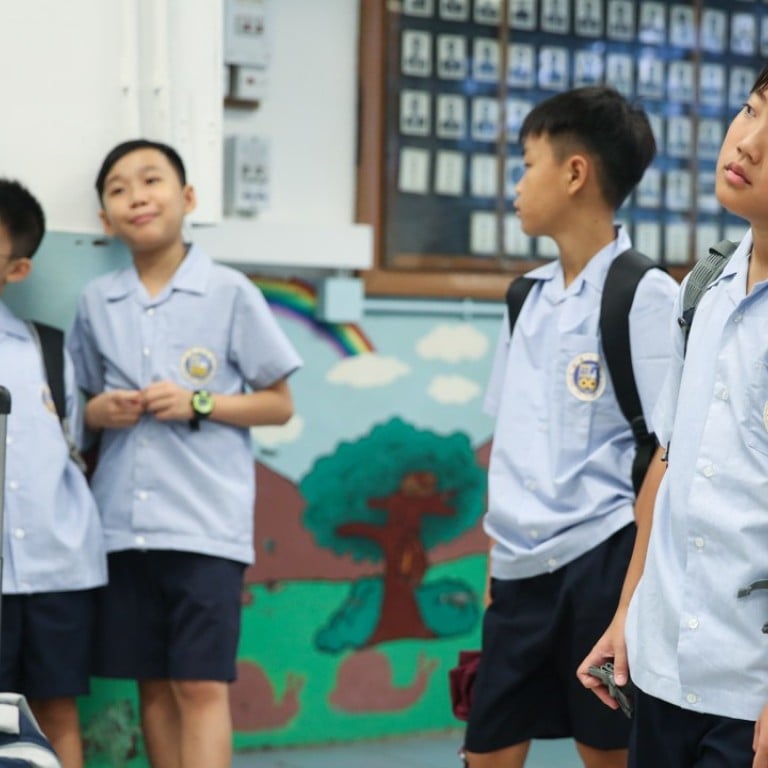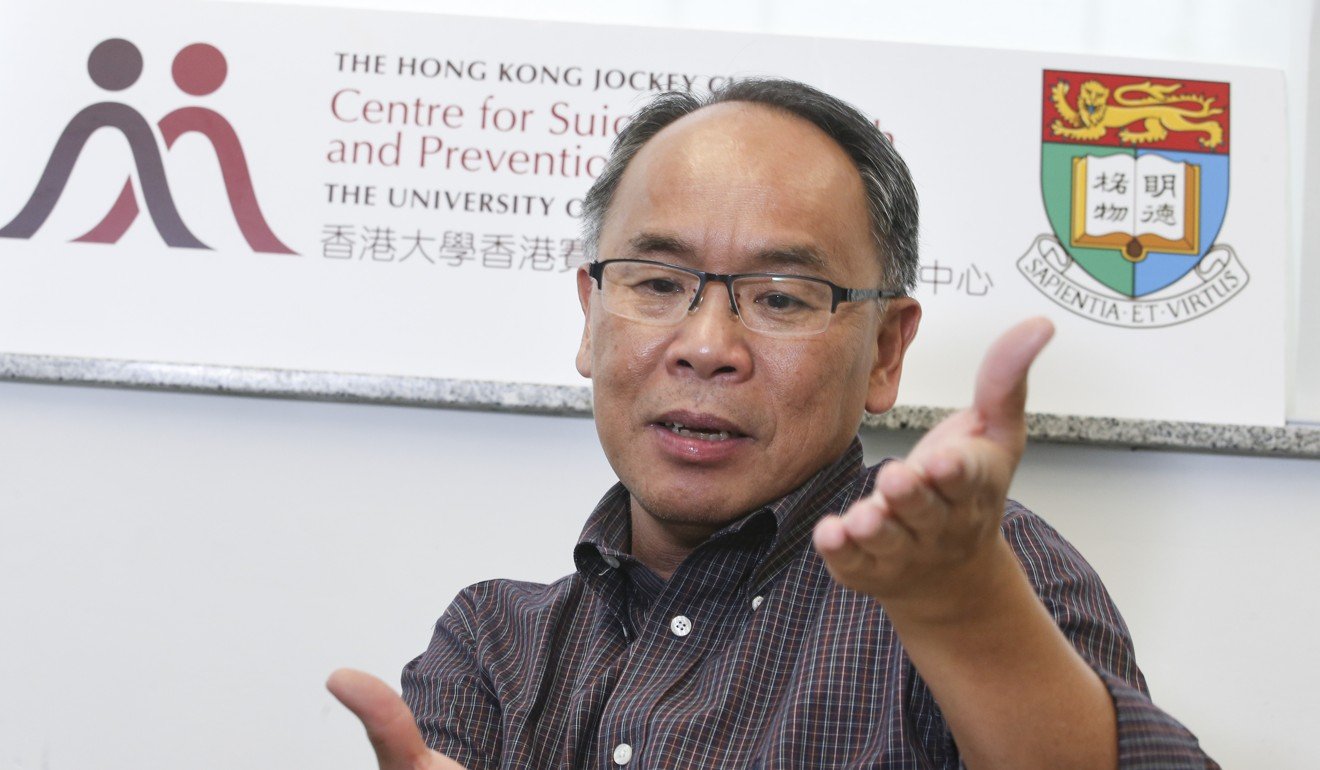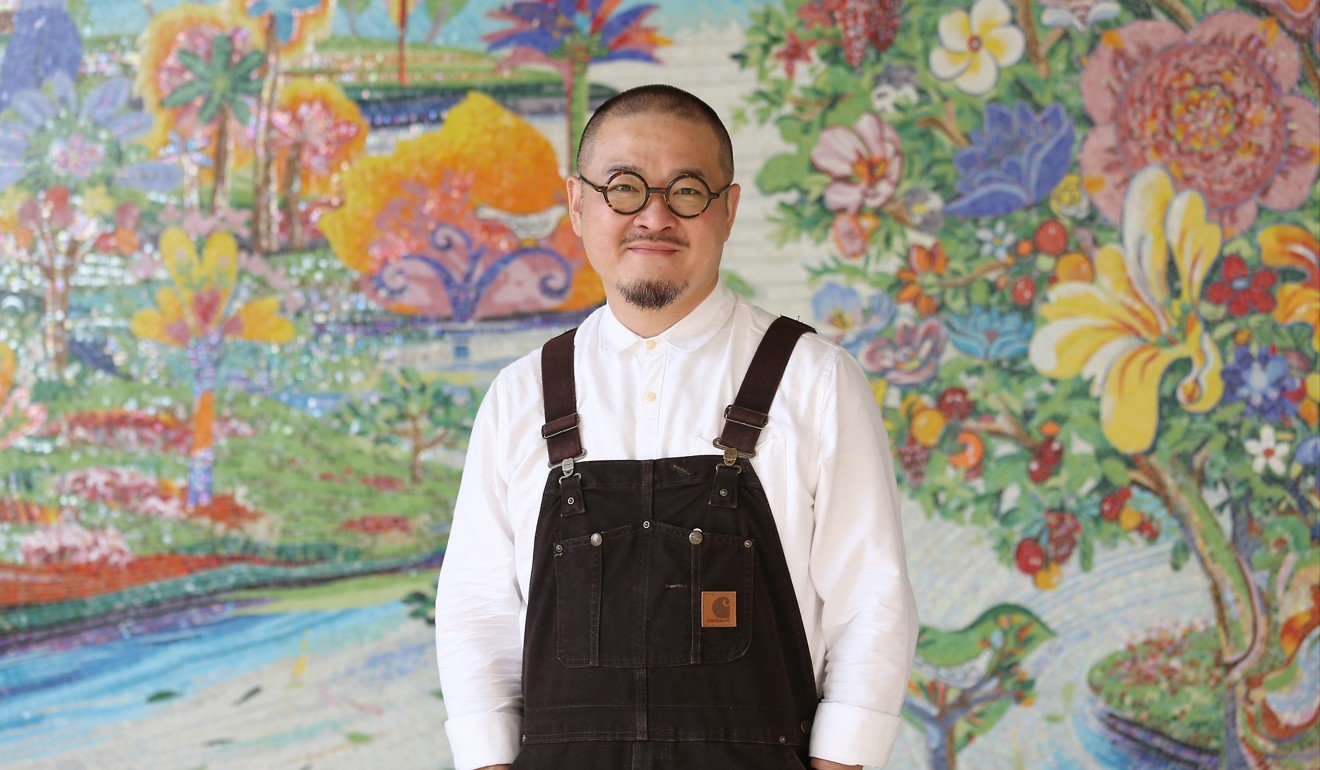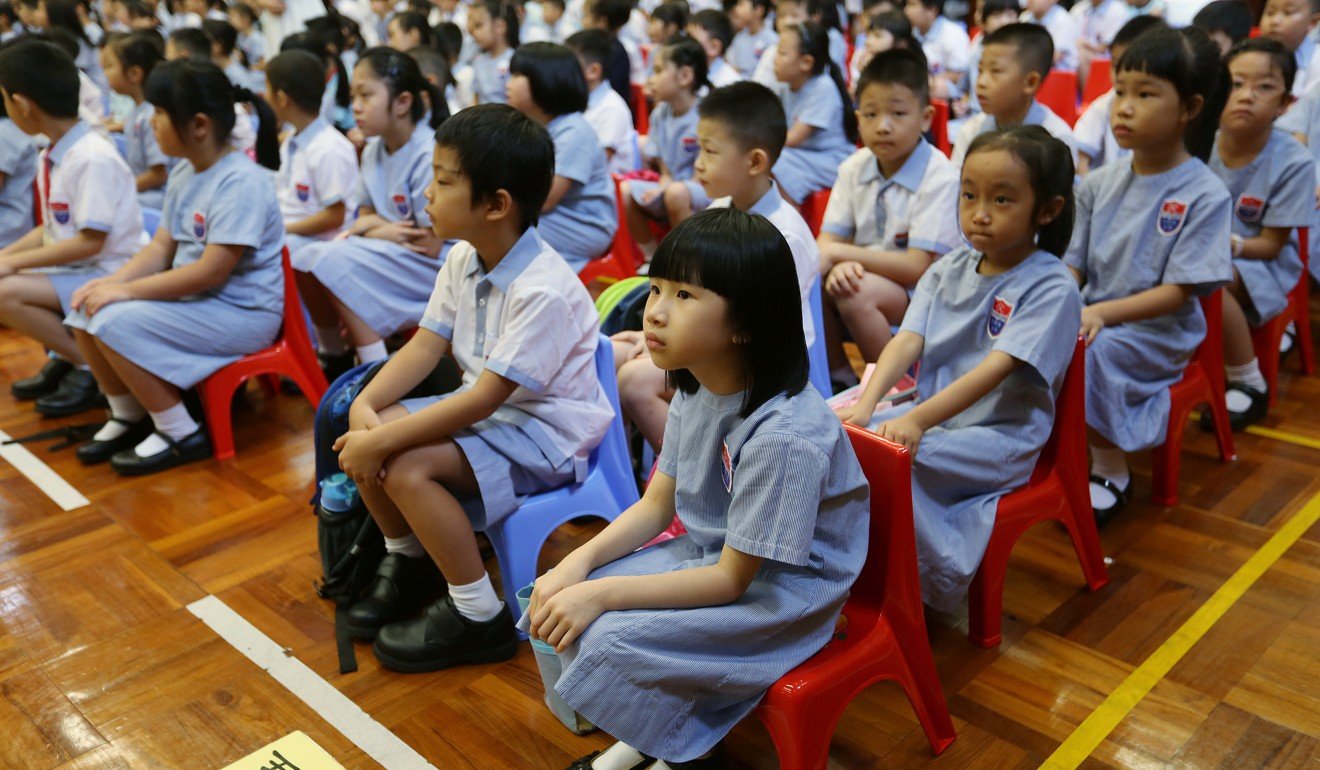
Children in Hong Kong are raised to excel, not to be happy, and experts say that is worrying
Lawmaker and social workers claim cultural emphasis on success means young people’s well-being is not being looked after in a system needing an overhaul
Childhood in Hong Kong seems more functional than happy, thanks to a high-pressured, exam-oriented education system pushing young people to the breaking point and triggering a decline in their mental health for years, a lawmaker claims.
The alarming trend of tens of thousands of children feeling discontent with their lives should serve as a wake-up call to policymakers that systemic changes are needed, several working with the city’s young people urge.
Their remarks come after a recent study suggests one out of every seven primary school pupils in Hong Kong has shown signs of depression, with academic pressure the main factor.
The study released last week by charity Baptist Oi Kwan Social Service polled 1,301 Primary Three to Primary Six pupils from January to March this year. It found 13.2 per cent, or one in seven pupils, showed signs of depression.
Some 9.7 per cent have been suffering severe depression and require clinical treatment, according to the study. The charity estimates some 33,000 pupils in Hong Kong could be struggling with the mood disorder.
One in 10 Hong Kong primary pupils suffer from serious depression, survey shows
Esther Tang Man-hang, who works in the charity’s mental wellness services for children, describes the rate as “alarming”. She claims if the situation does not change in the near future a higher proportion of young people will become debilitated in their future work and social life, posing “an enormous social cost”.
“We have seen adolescents referred to our service when they already had to quit school due to depression and an inability to face stress or even became suicidal,” she says. “The journey of recovery will be longer if the mental condition has become more deep-seated with delayed intervention.”

Statistics from the Centre for Suicide Research and Prevention, where Yip serves as director, reveal 69 young people aged under 24 took their lives last year – four more than in 2015.
But he characterises children in Hong Kong as “generally quite happy”. He notes that, apart from academic pressure, several other factors such as family problems and living conditions affect children’s mental health.
Changing the structure
Several studies in the past few years have suggested the city’s children suffer a decline in their mental health. In June this year, a report by the Hong Kong Paediatric Society and the Hong Kong Paediatric Foundation claimed the problem had persisted for decades, with parents being pushed to the breaking point.
Why Hong Kong parents shouldn’t pile on the praise for results – concentrate on effort
Tang says parents’ mental health has become “more worrying” than in the past and their stress is likely to be felt by their children. She thinks parents tend now to have higher expectations for themselves to provide the best for their children, and they see their children’s performance as defining how good they are as parents. In addition, parents feel the strain of having to juggle long working hours.
“Parents’ anxiety to fulfil perceived expectations in society is often internally or unintentionally translated as stress in children,” she adds.
But Shiu, who serves as deputy chairman of Legco’s subcommittee on children’s rights, says it is unfair to pin all the blame on parents when they face few choices in a culture that emphasises rearing children to excel and be winners given the high-pressure local education system.

“It’s easy to blame parents, but let’s not forget parents are living within a social structure,” he explains. “It’s a problem in the structure.”
The lawmaker says he has seen the government try to promote the idea of happy learning but eventually failing to put the ideas into practice. Citing a government slogan in the early 2000s that learning was about “more than scoring”, Shiu says: “I agree with its philosophy … But it’s clear the government just talked the talk.”
Carole Li Chi-kwan, a clinical psychologist for over 14 years, says she sees younger patients than in past few years. The youngest she has treated is a four-year-old girl.
Half of 3,441 Hong Kong students polled show signs of depression
Like many, Li identifies multiple factors contributing to the decline in children’s mental health in Hong Kong. She understands that studies are getting more ambitious, and hopes the government conducts a review of the situation.
“I understand that some kindergarten pupils are learning a Primary One syllabus. And those studying Primary One are learning a syllabus meant for Primary Two or Three,” she notes. “Children in Hong Kong have to deal with a lot of homework but don’t have time to play, sleep or just do nothing.”
Commission on children
One in three primary school students in Hong Kong at risk of suicide
Shiu suggests the panel look into issues that not only affect children directly, but also their parents, such as long working hours, which he called a “very important factor” in their well-being.
“Children’s welfare is not only reflected in children’s policies,” he says.
For example, Shiu notes Hong Kong has yet to cap the maximum number of working hours, despite labour unions calling for a standard, regulated working week of 44 hours.
“If we don’t cap the working hours at a certain rate, then working parents will have less time to spend with their family. And, since parents can’t spend quality time with their children, their parenting styles will easily be based on strict disciplinary rules that children are not happy with.”

Paediatric Foundation secretary Dr Lilian Wong Hiu-lei claims the city’s lack of a health policy for children has allowed their mental health to decline for years.
“All the government’s actions are reactive and remedial to the ad hoc children’s health problems,” the paediatrician says. “When the problems are temporarily relieved, no more follow-up measures are taken.”
High housing costs to blame for young Hongkongers’ unhappiness, survey finds
Wong points to the rising numbers of youth suicides as an example of officials’ inadequate response, slamming them for failing to pinpoint causes. Wong says academic stress is one cause, adding: “The government is not interested in finding the cause nor providing a healthy environment for our children.”
In her view, a healthy environment would be underpinned by an education policy that avoids overemphasis on academic performance or exam-oriented studying.
But Shiu laments that boosting the next generation’s sense of national identity seems to be the government’s top priority for children at the moment.
“They might love our county in the future,” he says of the children. “But they might not be happy.”

